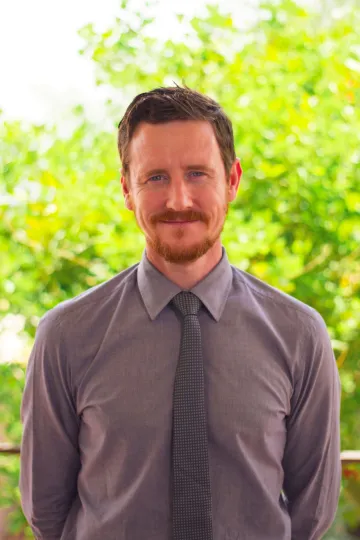
Dr. Richard J. Simpson
Biography
Dr. Richard Simpson is a Professor in the School of Nutritional Sciences and Wellness (College of Agriculture and Life Sciences) at the University of Arizona, and holds joint appointments in Pediatrics (College of Medicine), Immunobiology (College of Medicine), the Arizona Cancer Center and the Bio5 Institute. His research is largely concerned with the effects of exercise on the immune system, which he studies in the context of cancer, aging and human performance. Major focus areas include understanding (1) how exercise and other behavioral interventions can offset age-related decrements in the normal functioning of the immune system (immunosenescence), (2) how exercise-induced adrenergic receptor signaling can be used to improve anti-cancer immunity and augment the manufacture and efficacy of cancer therapeutics, (3) the interplay between the immune and neuroendocrine system during high level human performance and extreme isolation (e.g. space travel), and (3) how the immune system can be manipulated to develop potent cell therapies that will help eliminate cancer. He is the current President and Executive Director of the International Society of Exercise Immunology (ISEI), a fellow of the American College of Sports Medicine (ACSM) and sits on the editorial boards of the following journals: Brain, Behavior and Immunity; Exercise Immunology Reviews (Associate Editor), Immunity and Ageing, and the ACSM journal Exercise, Sport and Movement. Dr. Simpson is a member of the expert committee on mechanisms for the next phase of the World Cancer Research Fund (WCRF)/American Institute for Cancer Research (AICR) Global Cancer Update Programme (CUP GLOBAL), which is working to develop a clearer understanding of the biological processes which underpin associations between diet, nutrition and physical activity and cancer. Since 2005, he has published over 130 peer-reviewed articles and book chapters and has served as the primary mentor for >20 PhD students and postdoctoral scientists. His current research is supported by NASA and the NIH National Cancer Institute (NCI).
